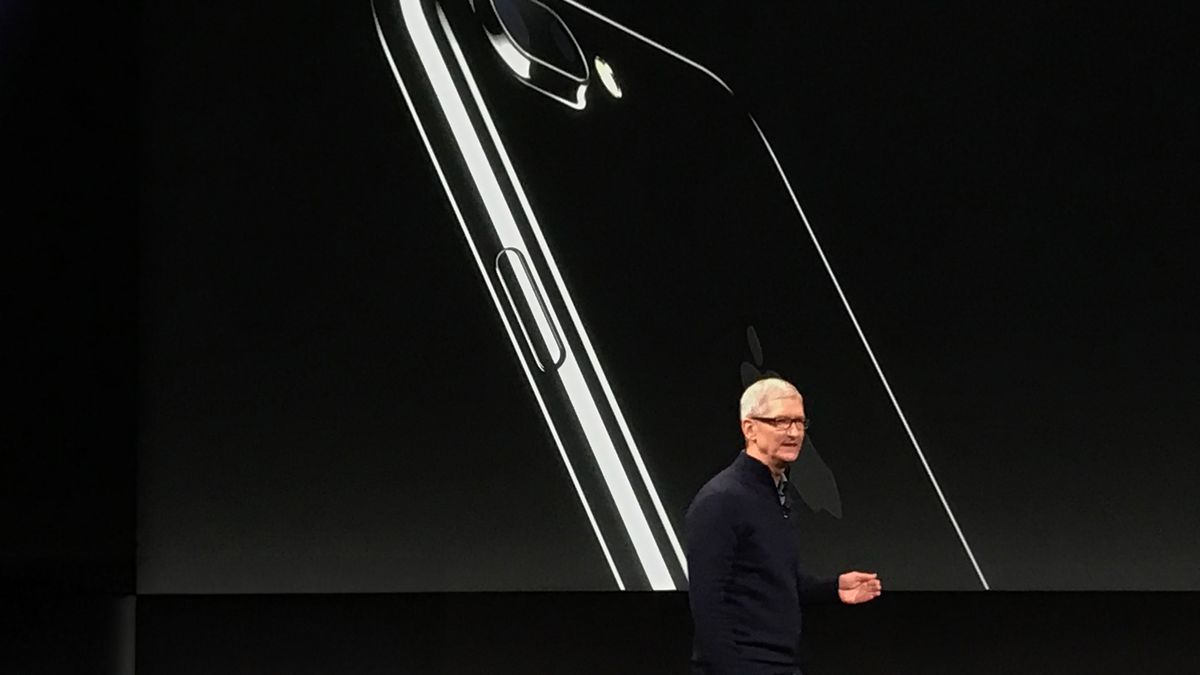
Forget Siri, Apple needs to launch a folding iPhone and get back on track
- 21.03.2025 14:17
- techradar.com
- Keywords: Sign in successful
Apple needs a folding iPhone to regain momentum, distract from unfulfilled Siri promises, and inspire future customers.